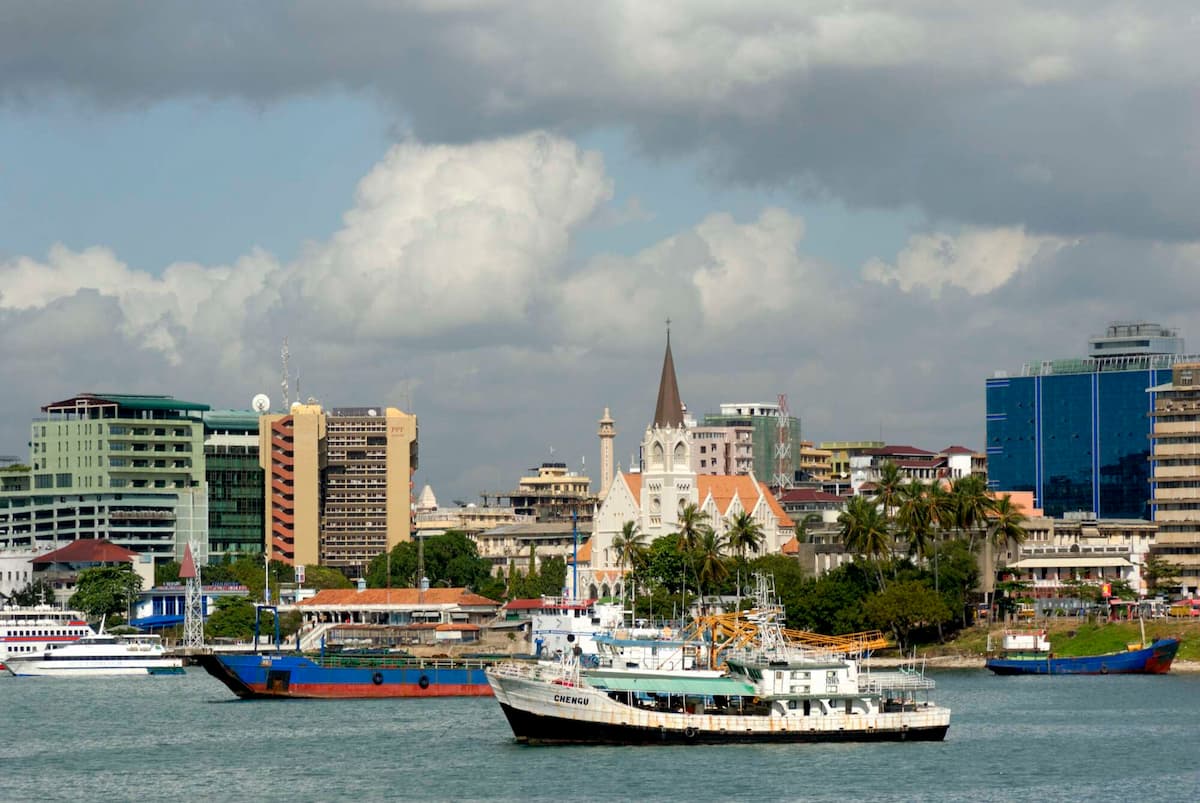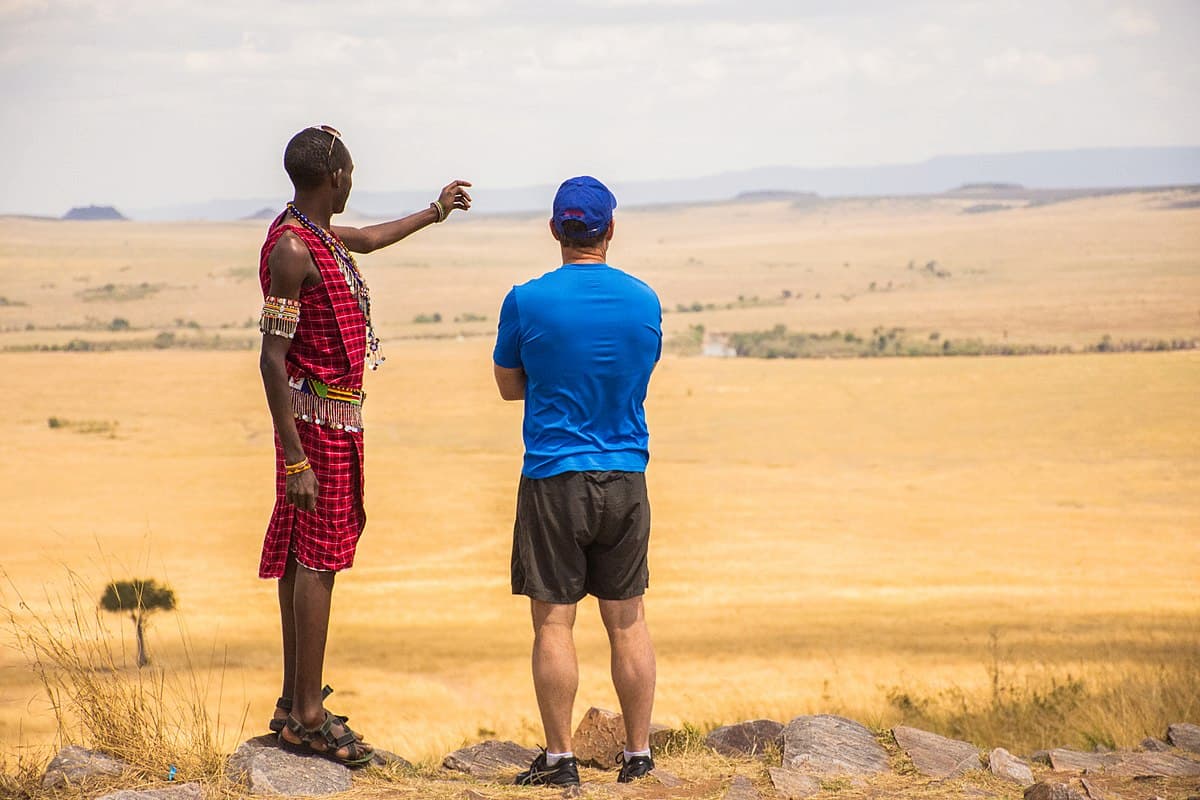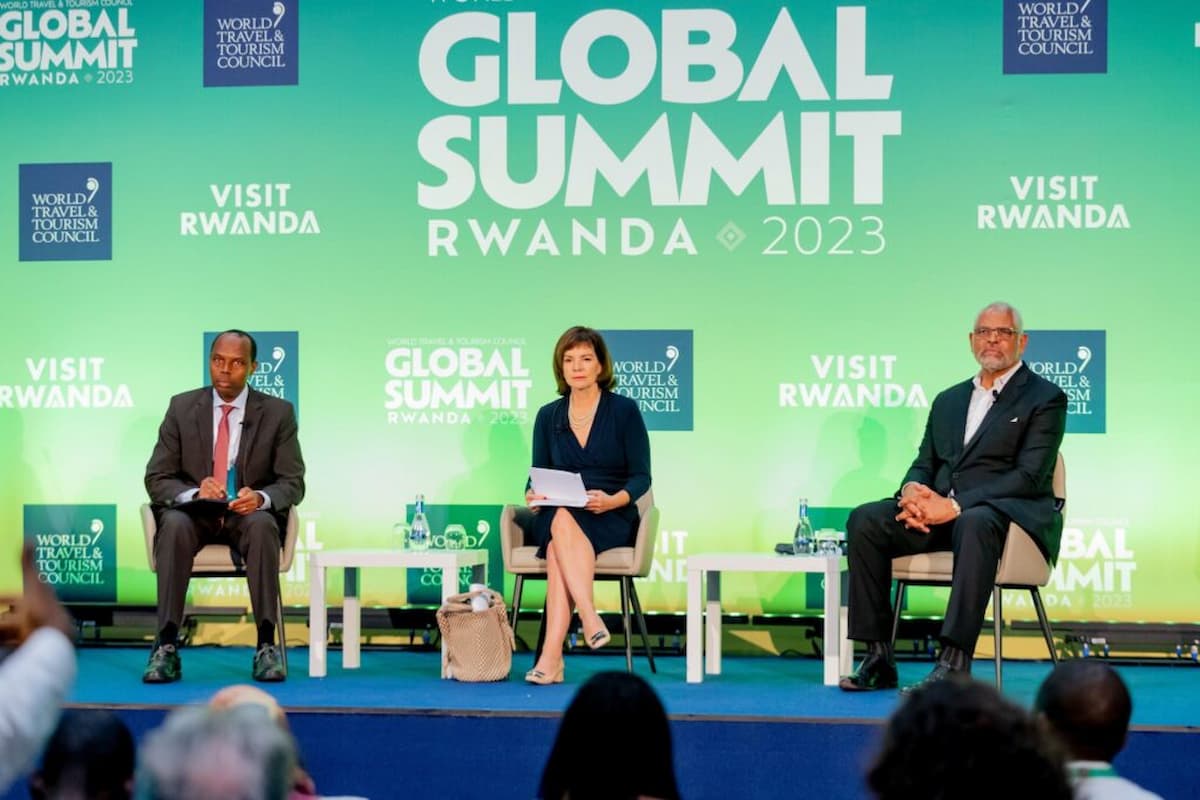Major destinations and source markets across Africa are expected to end 2023 ahead of pre-pandemic values in terms of value, with domestic tourism performing strongly, reveals new research published today.
The WTM Global Travel Report, in association with Tourism Economics, is published to mark the opening of this year’s WTM London, the world’s most influential travel and tourism event.
For 2023, the report predicts that African international inbound leisure will be down in volumes but up in value compared with 2019.
This year an estimated 43 million people will visit the continent, a 13% drop on the 49 million guests welcomed in 2019. However, despite the drop in volumes, the value of these trips is 103% ahead of what 2019’s business was worth.
As the report states, “the range of diverse countries has resulted in a varied picture” across the continent, and the inbound return for the three biggest markets illustrates the differences.
Market leader Egypt is slightly ahead, with 2023 at 101% of 2019 in value terms; Morocco “has made a strong recovery” and will end the year 130% ahead of pre-pandemic levels. South Africa is the region’s third largest inbound market and the one taking longest to recover – 2023 will come in at only 71% of 2019.
Domestic tourism for the region in 2023 is positive across the board, with all the top ten domestic markets, other than Nigeria, ahead of 2019 for value. South Africa is the biggest domestic market, and is ahead 104%. Number two Egypt is 111% up; third placed Algeria 134% up with Morocco completing the top five domestic markets, registering a 110% increase. Nigeria, which comes in at number four, is at 93% of 2019.
Next year will see the region build on its post-pandemic recovery although South African inbound will continue to fall short of 2019. However, the long-term picture for the region’s biggest market is positive. By 2033, the report expects that the value of inbound leisure to South Africa will be 143% ahead of 2024.
It also identifies Mozambique, Mali and Madagascar are high-growth markets, with increases of 161%, 167% and 162% respectively in the value of inbound leisure travel by 2033.
Juliette Losardo, Exhibition Director, World Travel Market London, said: “Africa has so much to offer domestic and inbound visitors and its importance as a source market for outbound visitors to other destinations is growing all the time.
“WTM London has always supported the region’s tourism industry, and we’re determined to step up our efforts across the board and to reinforce our message that tourism can be a global force for good, and nowhere is this truer than for Africa.”
Source: Breaking Travel News









